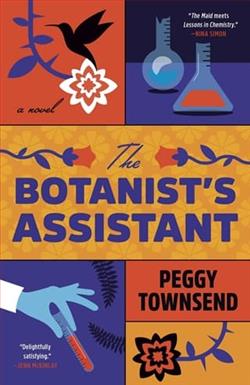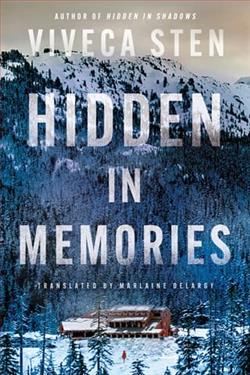Page 6 of Salvatore (Benedetti Brothers 1)
Knowing this was only the beginning of my hell.2SalvatoreI looked down to where I held her, how hard my fingers were squeezing her. It took some effort, but I released her and sat back in the seat, my gaze still on her, on this rebellious, courageous stranger.
Courageous. Lucia was courageous.
She was also a stranger.
I knew nothing about her. Only her name and her face. Her signature on a stupid piece of paper.
I had never seen a woman stand up to my father like that. I’d never seen a man do it either—or, I should say, when I had, it had been the last time I’d seen that man alive.
I looked out the front window. “Don’t antagonize my father. He always wins.”
“Everyone loses sometime.” She turned away and folded her arms across her chest, watching the streets pass by as we drove to the cemetery.
The black veil of her hat had shielded her face from me in the church, but her whiskey-colored eyes had shone through, bright, strong, angry. Very angry. I refused to let the image of how those eyes had looked at me the last time occupy my mind. I would know only this new, angry Lucia.
The one I needed to control.
Her interaction with her sister had been stiff. I’d seen it even from the distance in the courtyard. I knew she hadn’t seen either her sister or her father—even once—in the last five years. The day she’d signed the contract, she’d been sent away to finish her schooling. A year-round, all-girls Catholic school chosen by my father. A small institution hidden away in the suburbs of Philadelphia, where she’d lived comfortably but was under strict supervision. Her movements had been monitored, and at least one bodyguard had accompanied her wherever she went. I had monthly updates on her comings and goings, and not once had her family come to visit her. Well, her father had tried, but she’d refused to see him. She’d chosen to spend the holidays at school.
I glanced at her, wondering if she regretted that now.
“I’m sorry for your loss.”
Her body stiffened, and the only sign that she might be crying was when she moved her hand toward her face, pretending to scratch her cheek after swiping it under her eye.
“Are you?” she asked, her voice strained, her face still turned toward the window.
“I know what it’s like to lose someone you’re close to.” I knew firsthand, in fact. My brother, Sergio, had been my best friend. It had never once, not even in the world we lived in, occurred to me that he could die. My mother had died soon after him. Her death, thankfully, not as violent as Sergio’s. Although cancer brought its own sort of violence, snuffing out a human life as efficiently as a bullet did.
She turned to me and lifted her veil, tucking it behind the small hat fitted on top of her head. She was stunning. When I’d first met her in person, she’d been sixteen. She’d been pretty, but now, five years later, she was no longer a child. Her features had sharpened, her lips fuller, her cheekbones even more prominent. Her eyes…even more accusing.
She studied me, a slow, steady perusal from head to toe. When her gaze met mine, I swallowed, uncertain. Uncertainty was not new to me. I lived with it daily. But this? This was new, this was something—someone—I knew not at all.
The day we’d signed the contract, the day I’d stood by and allowed her to be humiliated, something had happened to me, some obligation had formed, some bond between us. Maybe it was the disgust I felt for myself for standing by and letting it happen. At the time, I told myself, I’d had no choice, but I tried not to lie to myself. Not anymore. After that day, something had changed. I owed her something. What that thing was, I did not know. An apology? Seemed stupid, a waste. My protection? She would have that, she already did. But she was my enemy and the spoils of war. My father had tried very hard to drill that into my head, but he hadn’t seen that look in her eyes that day—the desperate, terrified plea inside them—nor did he see it every time he lay his head down to sleep.
I wondered if my father lost sleep over anything at all, actually.
You were twenty-four. What could you have done?
No, not good enough. Not anymore.
“You know what it’s like to lose someone close?” Her tone dripped sarcasm. “My father and I weren’t close.”
I studied her, feeling my face tighten, my eyes narrow infinitesimally.
I did not speak.
“But let me ask you something. Do you know what it’s like to watch people you love killed before your very eyes?”
I did, but still, I remained silent.
“To have everyone taken away from you? To become the property of your enemy?”















